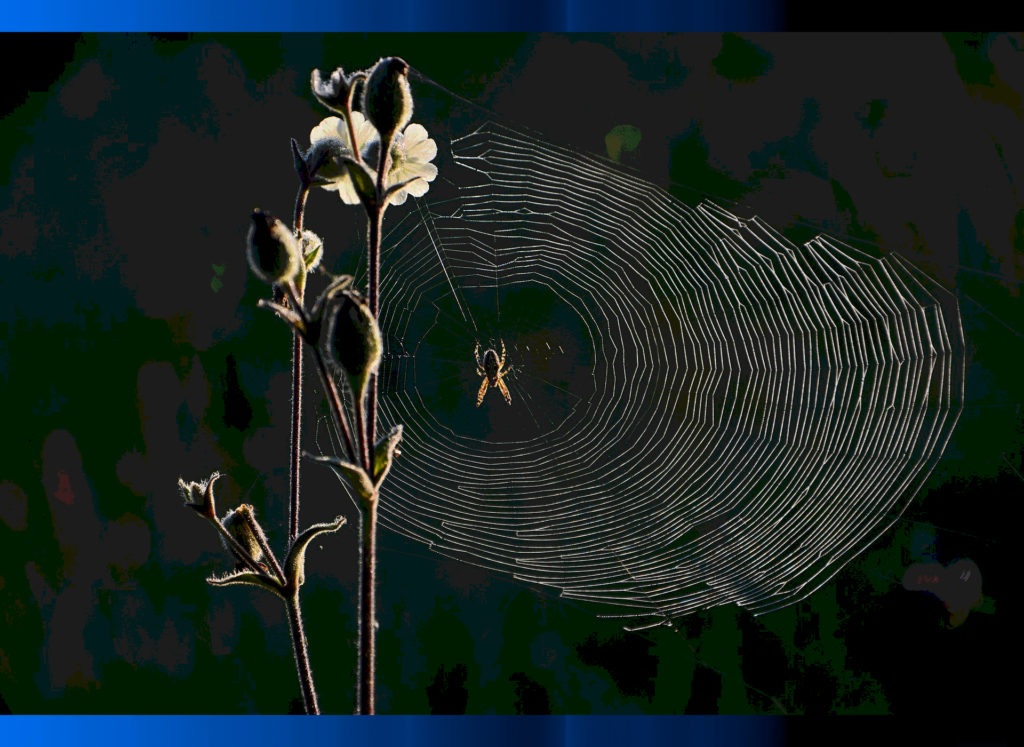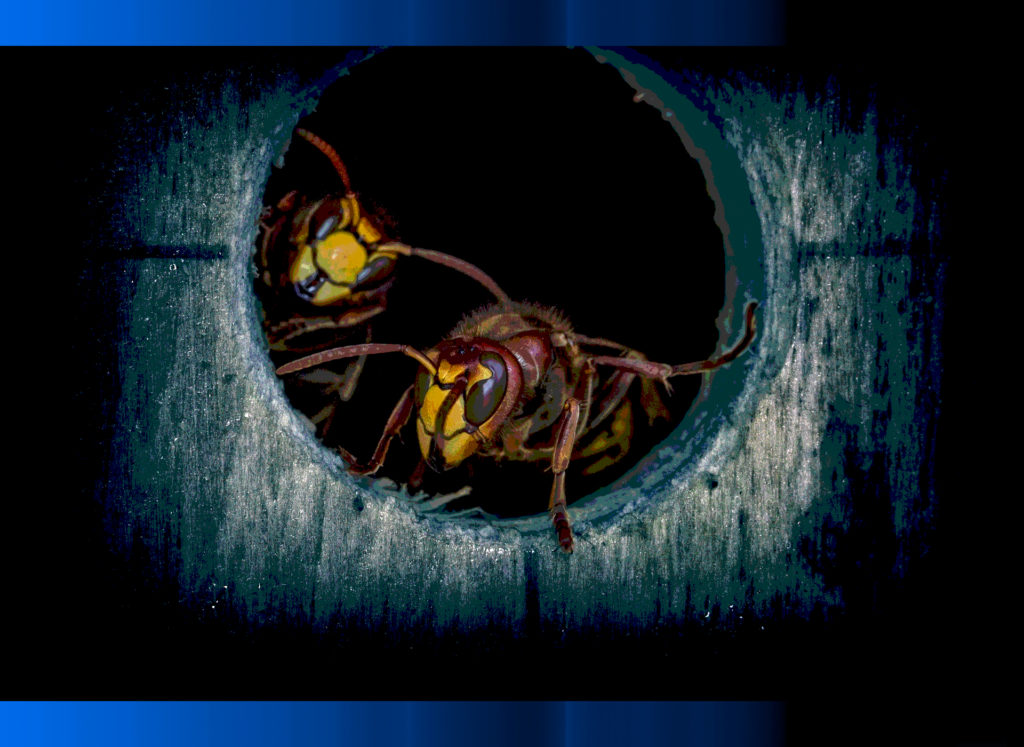
(3 – 4 Minute Read)
Acharei Mot is a Hebrew phrase meaning “after the death of,” referring to the death of Aharon’s two sons, Nadav and Avihu. In the midst of the joy of the dedication of the Mishkah, Tabernacle, as well as the Levitical priesthood, Nadav and Avihu were suddenly killed after offering “strange fire” in their incense pans (as described in detail in Shemini). And as recounted in a previous Haftarah, Uzzah died as he reached out to steady the Ark of the Covenant as it tottered in an oxen cart during transit.
In the case of Uzzah, his motivations were presumably well-intended, but they had disastrous consequences. Regarding Nadav and Abihu, their intentions are unknown, but it is not certain that they were negative. In both cases, however, any possible good intentions were irrelevant; they disobeyed the direct commands of the Most High with catastrophic results.

This week is Yom HaShoah, Holocaust Memorial Day. The Holocaust is an event that troubles much of the Jewish world in that it was a catastrophe of perhaps unparalleled proportions. So the questions arise as to how and why the Almighty would allow such a tragedy to befall the Jewish people. Why is it that so many good people would be destroyed in such unspeakably terrible ways?
It is stated in Pirkei Avot, Rabbi Yannai says, “It is not in our power to explain the well-being of the wicked or the sufferings of the righteous.” But that notion does little to alleviate our desire to understand why bad things happen to good people. Similarly, we don’t comprehend why the Almighty allows and seemingly even creates persons, things, and/or situations that are negative or even evil.

There is a story from the Midrashic Otiot ben Sirach regarding King David and his confusion over the creation of several creations. Before he was king, David questioned the Almighty, pondering why He bothered to create the spider and the wasp. Both seemed to be useless creatures that did little more than weave and toil for nothing (the spider) and inflict pain senselessly (the wasp). The Most High responded that David would appreciate these creatures in due time.
According to this Midrashic account, in later years, David fled from King Saul, who was trying to kill him out of jealousy and fear of his usurping the throne. David ran and hid in a cave. At the entrance of the cave, a spider began to form a web rapidly. Not long after David had entered the cave, Saul and his men saw the spider web crossing most of the mouth of the cave. Reasoning that David couldn’t have entered the cave without breaking the web, Saul and his men continued onward.

At another point, this Midrash recounts that David approached the sleeping camp of King Saul to remove a spear and water jug to prove that he had no ill intention towards the monarch. As David was departing with the spear and jug, Saul’s general, Abner, closed his legs around David’s. But then a wasp came and stung Abner; his legs popped open, giving David enough time to flee before Abner awoke fully.
In both of these Midrashic tales, the Most High saved David’s life through these so-called “useless” creatures. Although David didn’t initially understand the Almighty’s purpose for creating them, he ultimately came to appreciate them perhaps more than any other creature.
Unfortunately, as our chachamim, rabbinical sages of blessed memory, note, it is not possible to understand the “value” of the negative things that happen in our lives — even catastrophic tragedies. But the lesson of the spider and the wasp is clear: every event and thing in the Eternal One’s created universe has an ultimate purpose. Similarly, after Job suffered immensely, he challenged the Most High to comprehend why he was so horrifically afflicted. The Almighty never explained why, at least not directly. He did, however, emphasize that only He can truly understand how and why He rules the universe in the way that He does.
May the Holy One, Blessed be He, only bring blessings and happiness into our lives in accordance with His will. And if there are ever tragedies or occasions of sadness, chas v’chalilah, Heaven forbid, then may the Holy One, Blessed be He, at least give us the strength to overcome the challenges and to always remember that He always and always will be the Supreme Master of the Universe — even when that universe doesn’t seem to make sense to us.

